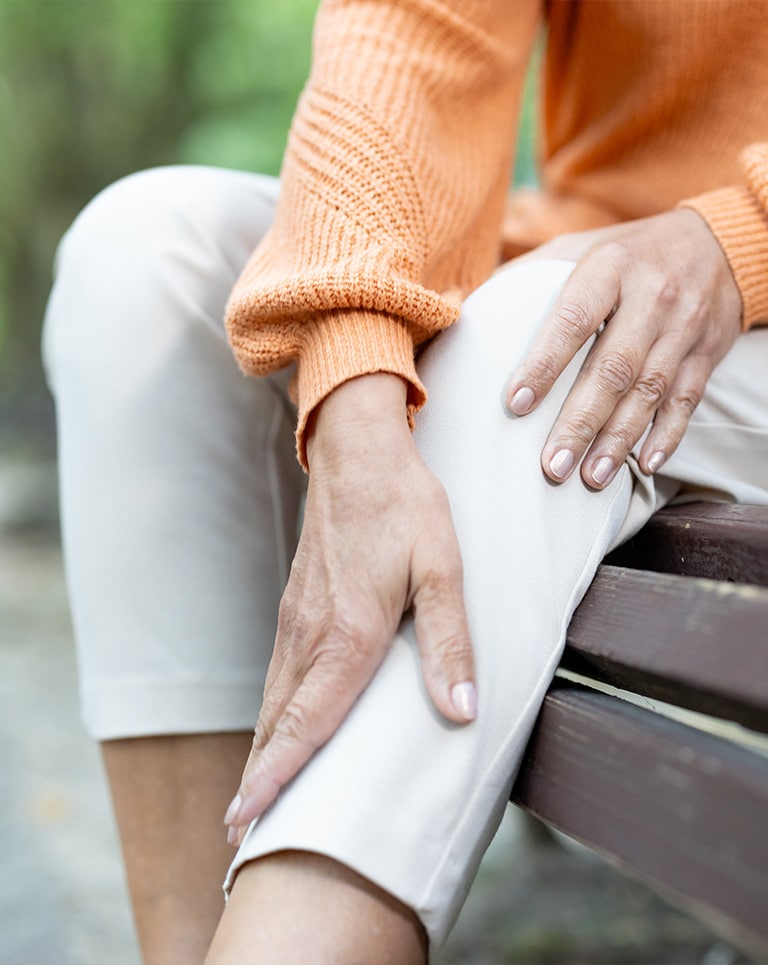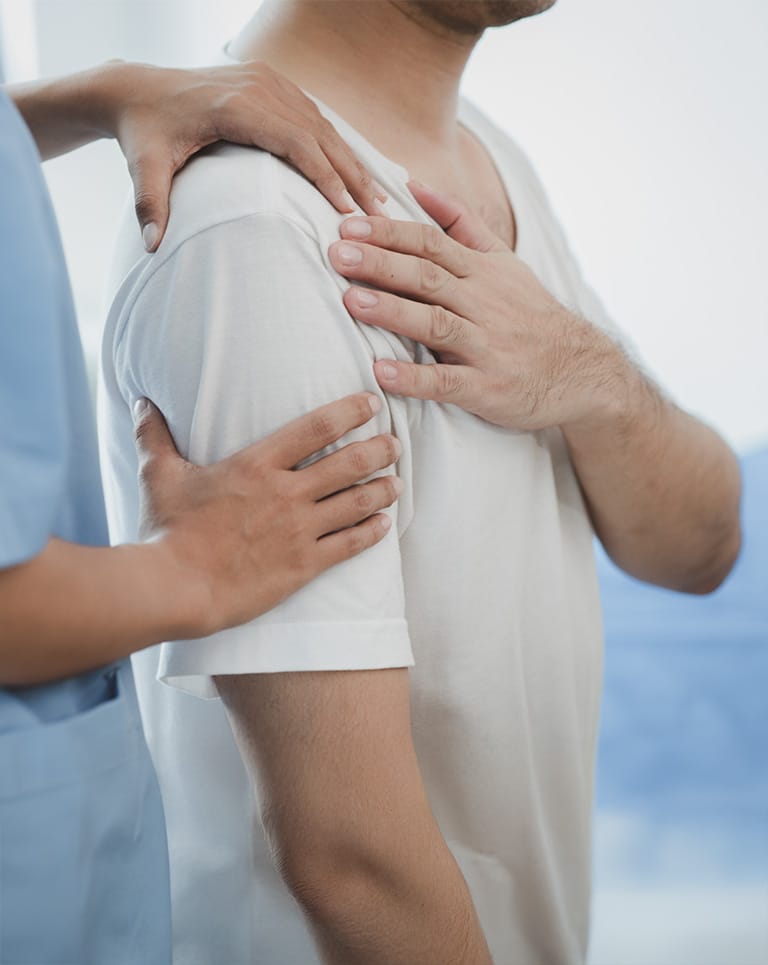
In this blog on alcoholic neuropathy, we’ll answer the following questions:
- What is alcoholic neuropathy?
- What are the symptoms of alcoholic neuropathy?
- What are treatments for alcohol neuropathy?
What is Alcoholic Neuropathy?
Alcoholic neuropathy, also known as alcoholic polyneuropathy, is the direct result of overconsumption of alcohol over extended periods. Unfortunately, alcoholics don’t eat right or exercise, so their bodies slowly become deficient in several nutritional areas. There is a continual debate over whether it is the alcohol itself or malnutrition that accompanies alcoholism, which is the root cause of alcoholic neuropathy.
The causes of alcoholic neuropathy are extensive, from irregular lifestyles leading to missed meals and poor diets to a complete loss of appetite, alcoholic gastritis, constant vomiting, and damage to the lining of the gastrointestinal system.
All these symptoms cause nutritional deficiencies, and when the lining of the gastrointestinal system becomes compromised, the body cannot absorb the proper nutrients. Alcohol consumption in extremes can also increase the toxins within a person’s body, such as ethanol and acetaldehyde, which many believe are directly linked to alcoholic neuropathy.
What are the Symptoms of Alcoholic Neuropathy?

In most cases, alcoholic neuropathy sets gradually into the body so that the individual does not realize they have this condition until it is deeply rooted within their system. While weight loss is an early warning sign, it is also a side effect of heavy drinking, so most individuals with alcohol conditions do not realize what their body is trying to tell them.
Painful paralysis and motor loss is the first symptom that individuals tend to take notice of truly. According to Alcoholism-Solutions.com, the following is a list of possible symptoms of alcoholic neuropathy:
Typical symptoms can include:
- loss of sensation
- tingling in the feet/hands
- weak ankles
- weakened muscles and a burning feeling in the feet
Gastrointestinal symptoms can include:
- loose bowel movements
- feelings of nausea, possibly vomiting, and constipation
Men may experience:
- the inability to hold liquid (incontinence)
- and even impotence in some cases
In severe occurrences of alcoholic neuropathy:
- The autonomic nerves are damaged
- Autonomic functions are involuntary, like the heartbeat and respiration
Because this chronic condition affects the brain and nerves, pain can be intense, constant, sharp, quick, dull, and prolonged, and cramping may occur in muscles without warning.
Most pain doctors in Arizona will tell you that there is no known cure for alcohol neuropathy, but there are successful pain management and treatment methods to help patients get back into life.
At this point, when a patient has been diagnosed with alcohol neuropathy, a pain doctor’s best intention is to control the pain. Unfortunately, once that damage has been done from this chronic condition, it cannot be undone. However, the pain can be controlled.
Treatment of Alcohol Neuropathy

Stopping alcohol consumption will be the pain doctor’s first course of treatment. Whether it’s through counseling, Alcoholics Anonymous meetings, or in-house psychological evaluations, kicking the habit is the first step. This will be the most challenging step for anyone living with alcohol neuropathy.
Next, your pain doctor will want to manage your nutritional intake through medication and a strict diet. Using a multidisciplinary team of industry experts, your pain doctor will no doubt sit you down with a nutritionist to determine the best course to get you back on track with a healthy diet. Multivitamins are also an essential aspect of nourishing your body.
Physical Therapy
Physical therapy is usually called for in cases of alcohol neuropathy due to the significant damage done to the nerves. Since motor loss is a symptom of this chronic condition, your pain doctor will want to bring blood flow and life back into the affected areas of your body. One of the best ways to do this is through exercise and physical therapy.
Most individuals who abuse alcohol are also at great risk for abusing pain medication while undergoing pain management treatment, which is always a concern for pain doctors in Arizona. According to NYTimes Health, the least amount of medication needed to reduce symptoms is advised to reduce dependence and other side effects of chronic use.
Medication
Common medications may include over-the-counter analgesics such as aspirin, ibuprofen, or acetaminophen to reduce pain. Stabbing pains may respond to tricyclic antidepressants or anticonvulsant medications such as phenytoin, gabapentin, or carbamazepine.
Published On: April 8, 2011
Updated On: May 19, 2023




